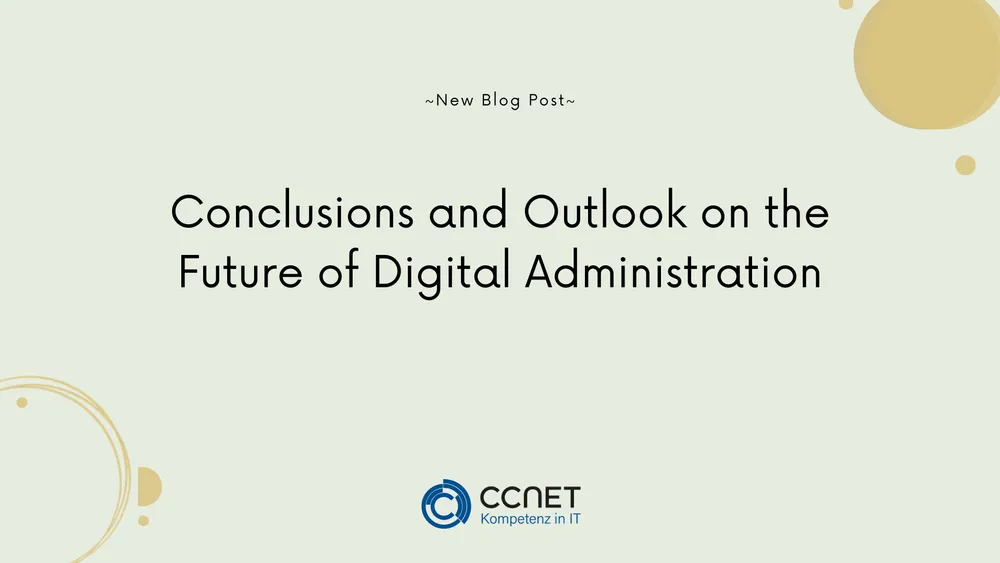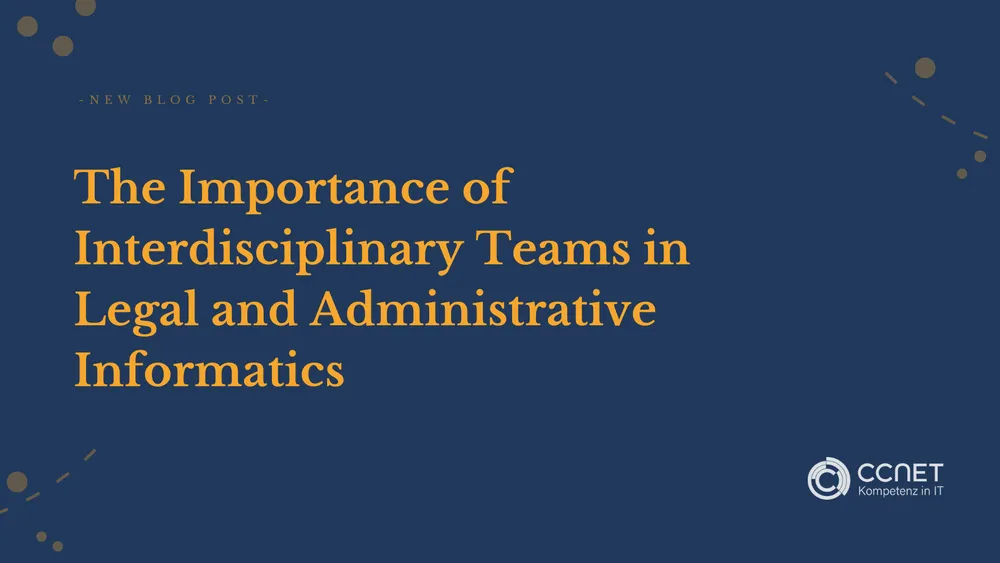
CCNet
Jun 24, 2024 • 3 min read

Historical Development of Digitalization: How It All Began
From smartphones to cloud computing, digitalization has revolutionized how we live and work, and it continues to evolve, exploring new horizons. In this article, we take an in-depth look at the historical development of digitalization and explore how technological advances have laid the foundation for the modern digital age.
The Early Days of Digitalization
The origins of digitalization can be traced back to the mid-20th century when the first computer was developed. These early computers, like the ENIAC, completed in 1945, were massive machines that filled entire rooms and could only perform basic calculations. Despite their limitations, they laid the groundwork for the digital revolution.
From Mainframes to Personal Computers
In the 1960s, mainframes in large corporations and government agencies introduced the first processes of automation. These systems, although large and expensive, allowed organizations to process data faster than ever before. However, the true democratization of computing began in the late 1970s and early 1980s with the introduction of the Personal Computer (PC). Companies like Apple and IBM played a crucial role in making computers accessible to the average person, ushering in a new era of information technology.
The Rise of the Internet
Another critical moment in the history of digitalization was the invention of the Internet. Originally launched in the 1960s as a military project, the Internet became available to the public in the 1990s. The introduction of the World Wide Web by Tim Berners-Lee in 1991 revolutionized the way information was disseminated and consumed.
Smartphones and Cloud Computing
With the introduction of the first smartphones by Apple in 2007, a new view of digitalization began to take shape. Smartphones not only revolutionized telecommunications by combining the functionalities of a phone and a computer, but they also became a launchpad for numerous other technologies, including apps, social media, and the Internet of Things (IoT).
At the same time, the development of cloud computing allowed companies and individuals to store and access data and applications via the Internet, fundamentally changing how we think about software and data processing. This led to a level of flexibility and scalability in IT that was previously unimaginable.
Challenges and Impacts of Digitalization
Despite the many advantages, digitalization has also brought challenges, including issues of privacy and security, the digital divide, and job displacement due to automation. These topics are central to ongoing discussions about the future of digitalization and how it should be shaped to be inclusive and fair.
Conclusion
The historical development of digitalization is a fascinating story of innovation and transformation that has had profound effects on our society and daily lives. As we look to the future, the way we continue to develop, integrate, refine, and adapt these technologies will be crucial to creating a world where technology is used for the benefit of all.
Stay tuned to learn more about the ongoing developments in the world of digitalization and how they will shape our future!
What were the first steps in digitisation?
Digitalisation began with the development of the first computers, such as the ENIAC, in 1945. These early machines laid the foundation for the digital revolution, even though they could only perform basic calculations.
How did personal computers drive digitalisation forward?
In the 1970s and 1980s, the introduction of personal computers (PCs) by companies such as Apple and IBM enabled the democratisation of computer technology. This made computers accessible to the average citizen and ushered in a new era of information technology.
What challenges did digitalisation bring?
Challenges include data privacy and security issues, the digital divide, and job displacement due to automation. These issues remain central to discussions about the future of digitalisation.
How has the internet changed digitalisation?
The internet, which originally began as a military project, revolutionised the dissemination of information in the 1990s. The introduction of the World Wide Web in 1991 changed the way information is distributed and consumed.
What role do smartphones and cloud computing play in digitalisation?
Smartphones, introduced by Apple in 2007, combined the functions of phones and computers and promoted the development of apps, social media and the Internet of Things (IoT). At the same time, cloud computing enabled data to be stored and accessed via the internet, revolutionising flexibility and scalability in IT.
What future challenges can be expected with advancing digitalisation?
Issues of data protection, security and social justice are expected to remain at the centre of discussions. It will also be necessary to develop solutions for job displacement due to automation and the digital divide.


